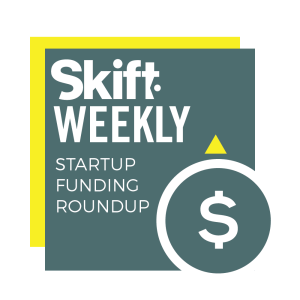Community-Based Homesharing Brand Dtravel Gets Backing: Travel Startup Funding This Week

Skift Take

Travel Startup Funding This Week
Each week we round up travel startups that have recently received or announced funding. Please email Travel Tech Reporter Justin Dawes at jd@skift.com if you have funding news.This week, travel startups announced more than $138 million in funding.
>>Outdoorsy, an on-demand booking service for recreational vehicles (RVs), said on Thursday that it had raised $120 million in equity and debt financing.
The Austin-based company raised $90 million in equity in a mezzanine round led by Moore Strategic Ventures, ADAR1 Partners, Monashee Capital, SiriusPoint, and Convivialite Ventures. It has also gained access to a $30 million debt facility from Pacific Western Bank. The startup had raised about $75 million before this.
Outdoorsy is now the best-funded company out of a wave of emerging RV travel startups that includes RVShare, Indie Campers, and ShareACamper.
Many investors liked Airbnb because it found ways to expand home-sharing by coaxing people to put their excess housing capacity to work. Now some other investors are hoping that Outdoorsy will perform a similar trick for RV rentals as Airbnb did for short-term rentals.
Outdoorsy aims to expand the supply of RVs and campervans available to travelers as rentals by simplifying the process for individuals to rent their vehicles out with the help of an "insurtech" division called
